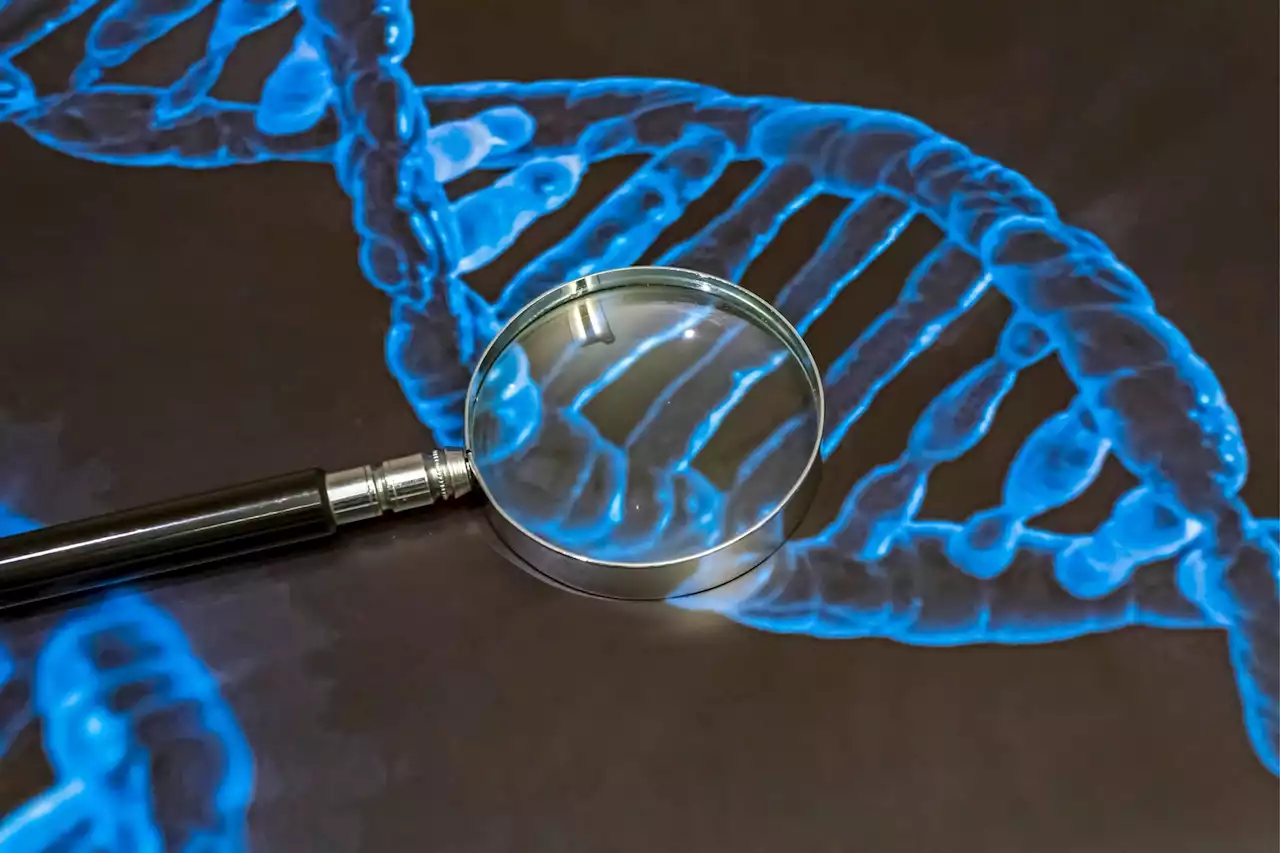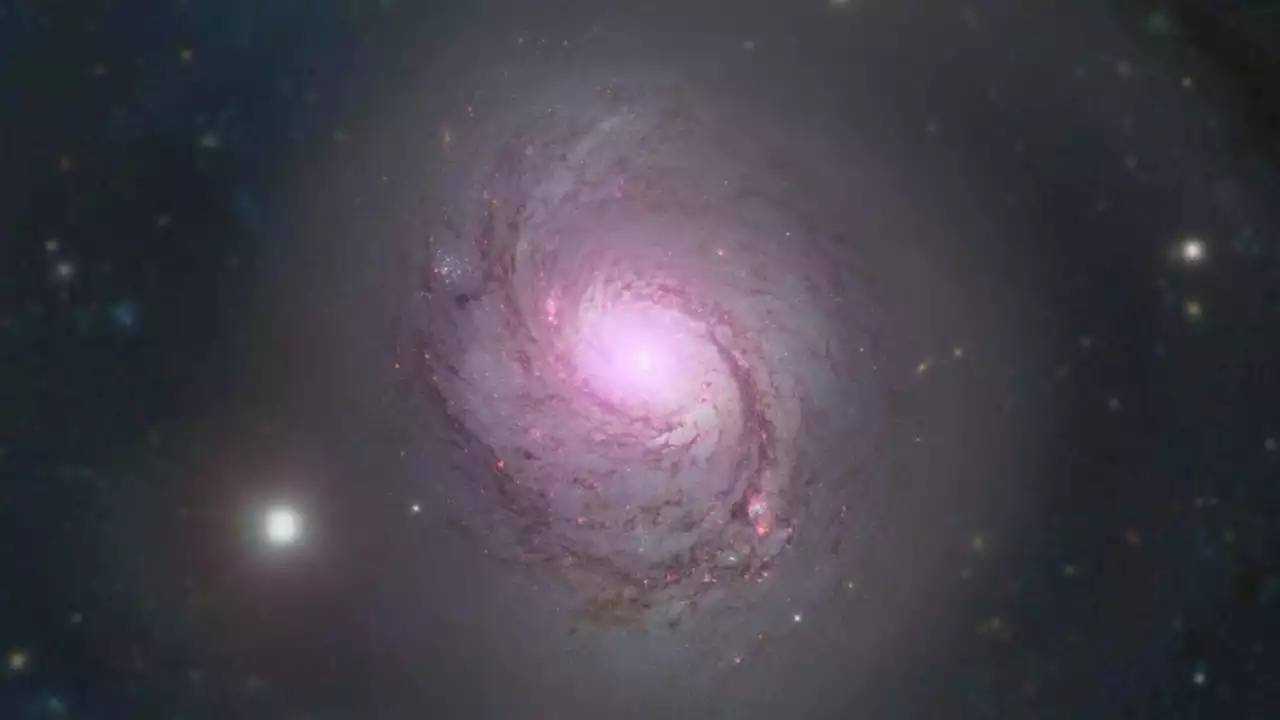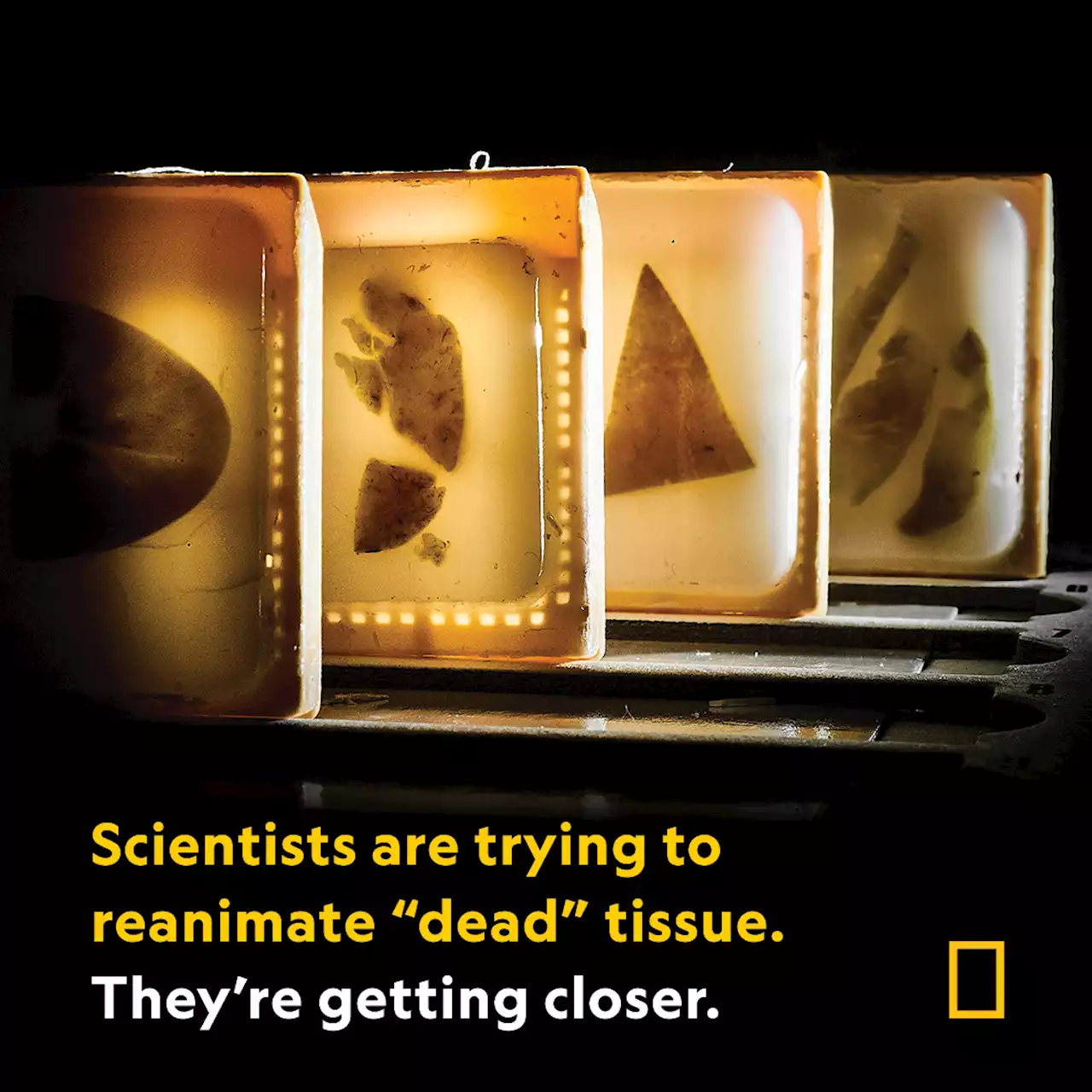The windows could be harboring toxic pollutants. Dirty windows may harbor potentially harmful pollutants behind protective films of fatty acids from cooking emissions, which can linger for extended periods of time. A recent study conducted by scientists at the University of Birmingham found that
The windows could be harboring toxic pollutants.
This means that when they collide with a solid surface, like a window, they create a thin, self-organized film that slowly accumulates and can only be gradually broken down by other chemicals in the atmosphere. The film will become rougher throughout this process and draw more water from the humidity in the air. Furthermore, harmful pollutants have the potential to become trapped within this resilient crust, where they are then shielded from breakdown in the atmosphere.
The team worked on laboratory ‘proxies’ – samples of material engineered in the lab to approximate ‘real world’ samples. These were spun into super-thin films of pollution, just a few tens of nanometres in thickness.
Canada Latest News, Canada Headlines
Similar News:You can also read news stories similar to this one that we have collected from other news sources.
 Scientists Reveal New Insight Into the Genetic Causes of Autism and ADHDResearchers have identified new gene variants that influence your risk of ADHD and autism. In the group of neurodevelopmental disorders, ADHD and autism have a number of things in common: They are two of the most frequent child psychiatric diagnoses; both are highly heritable; and, although the fu
Scientists Reveal New Insight Into the Genetic Causes of Autism and ADHDResearchers have identified new gene variants that influence your risk of ADHD and autism. In the group of neurodevelopmental disorders, ADHD and autism have a number of things in common: They are two of the most frequent child psychiatric diagnoses; both are highly heritable; and, although the fu
Read more »
 Ghostly neutrino particles are blasting out of a nearby galaxy, and scientists aren't sure whyThe spiral galaxy NGC 1068, also known as the squid galaxy, is a bustling 'Disneyland' of neutrino production, researchers said.
Ghostly neutrino particles are blasting out of a nearby galaxy, and scientists aren't sure whyThe spiral galaxy NGC 1068, also known as the squid galaxy, is a bustling 'Disneyland' of neutrino production, researchers said.
Read more »
 Arctic 'megafires' the size of Belgium released 256 million tonnes of CO2, scientists now know whyScientists shed light on an unusually high number of 'megafires' in the Siberian Arctic between 2019 and 2020.
Arctic 'megafires' the size of Belgium released 256 million tonnes of CO2, scientists now know whyScientists shed light on an unusually high number of 'megafires' in the Siberian Arctic between 2019 and 2020.
Read more »
 Scientists are trying to resurrect mostly dead organs—here’s whyJaw-dropping studies in pigs have given hope that new preservation strategies could end a deadly shortage of transplant organs.
Scientists are trying to resurrect mostly dead organs—here’s whyJaw-dropping studies in pigs have given hope that new preservation strategies could end a deadly shortage of transplant organs.
Read more »
 'I didn't want pity': Terry Bradshaw explains why he waited to reveal cancer diagnosisHall of Fame quarterback Terry Bradshaw says he 'didn't want pity,' so that's why he waited nearly a year to reveal he was diagnosed with not one, but two forms of cancer.
'I didn't want pity': Terry Bradshaw explains why he waited to reveal cancer diagnosisHall of Fame quarterback Terry Bradshaw says he 'didn't want pity,' so that's why he waited nearly a year to reveal he was diagnosed with not one, but two forms of cancer.
Read more »
